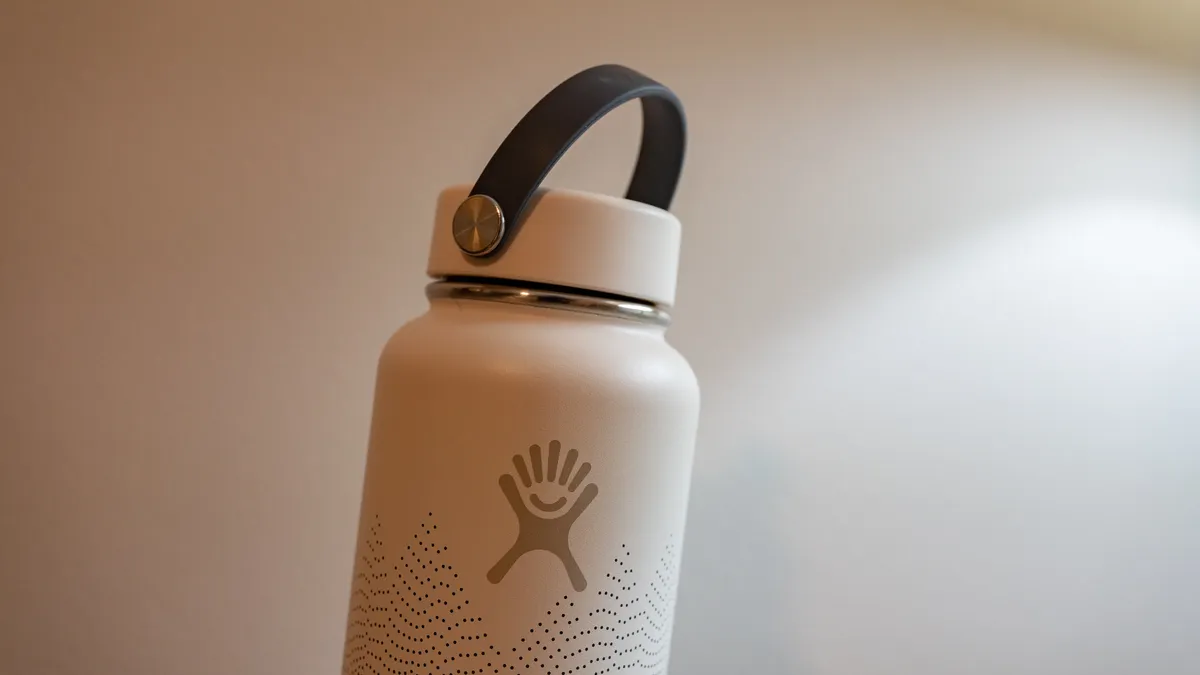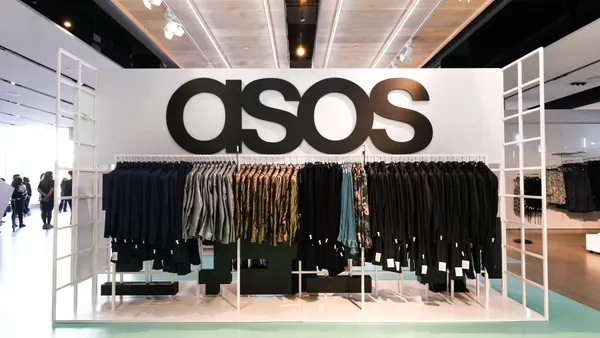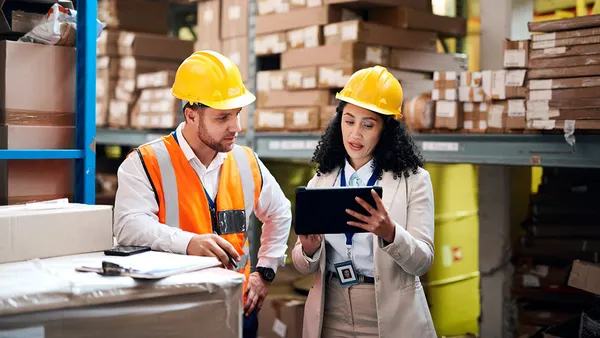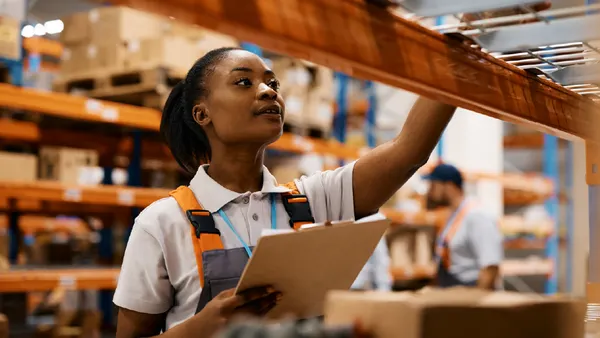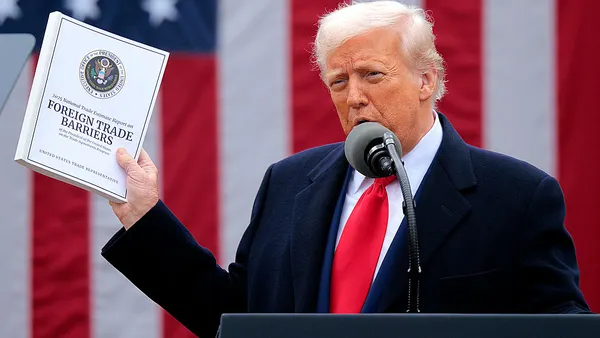Dive Brief:
- U.S.-based Hydro Flask owner Helen of Troy has made progress on its nearshoring initiative in line with its existing and new supplier capabilities outside of China, according to a July 10 earnings call.
- During Q1, the company relocated some of its Hydro Flask bottle production to the Western Hemisphere, COO Noel Geoffroy told analysts during the earnings call. It also expects to shift production of its Oxo Pop containers by early fall.
- Helen of Troy’s nearshoring strategy “will help us diversify geopolitical risk, enhance our responsiveness and reduce inventory,” the COO said. “These moves also create value as they can provide quicker transit times, greater speed to market, scale advantages and process standardization.”
Dive Insight:
The company’s nearshoring efforts are part of its restructuring plan to offset rising costs. The plan, called Project Pegasus, aims to generate $20 million in savings in fiscal year 2024.
Earlier this year, Helen of Troy, which also owns brands Vicks and Osprey, cut 18% of its product portfolio as part of Project Pegasus to simplify its supply chain and reduce inventory levels on certain items. The company also completed an automated distribution center in Gallaway, Tennessee, in March to drive operational efficiency, Geoffroy said.
“In addition to its environmentally friendly design, this new facility has significant levels of new capability and automation that will enhance multiple areas of our business for years to come,” the COO told analysts.
Helen of Troy is now scaling up its automatic carton packaging system at the facility, he added. These machines can create custom shipping boxes from continuous feed corrugated cardboard. Each carton is also perfectly sized to fit each order and is managed automatically and directly from a database.
“The equipment offers high levels of flexibility, automation and speed of processing and can create one box every few seconds,” Geoffroy said. “Our made-to-fit shipper incorporates bumpers into the packaging, protect[ing] items from damage during transit while reducing the amount of packing mertial used.”
Not only have these efforts worked toward the company’s goal to reduce carbon emissions and cardboard use, it has also slashed customer transport volume queue by almost half for its bottles, the COO said.



